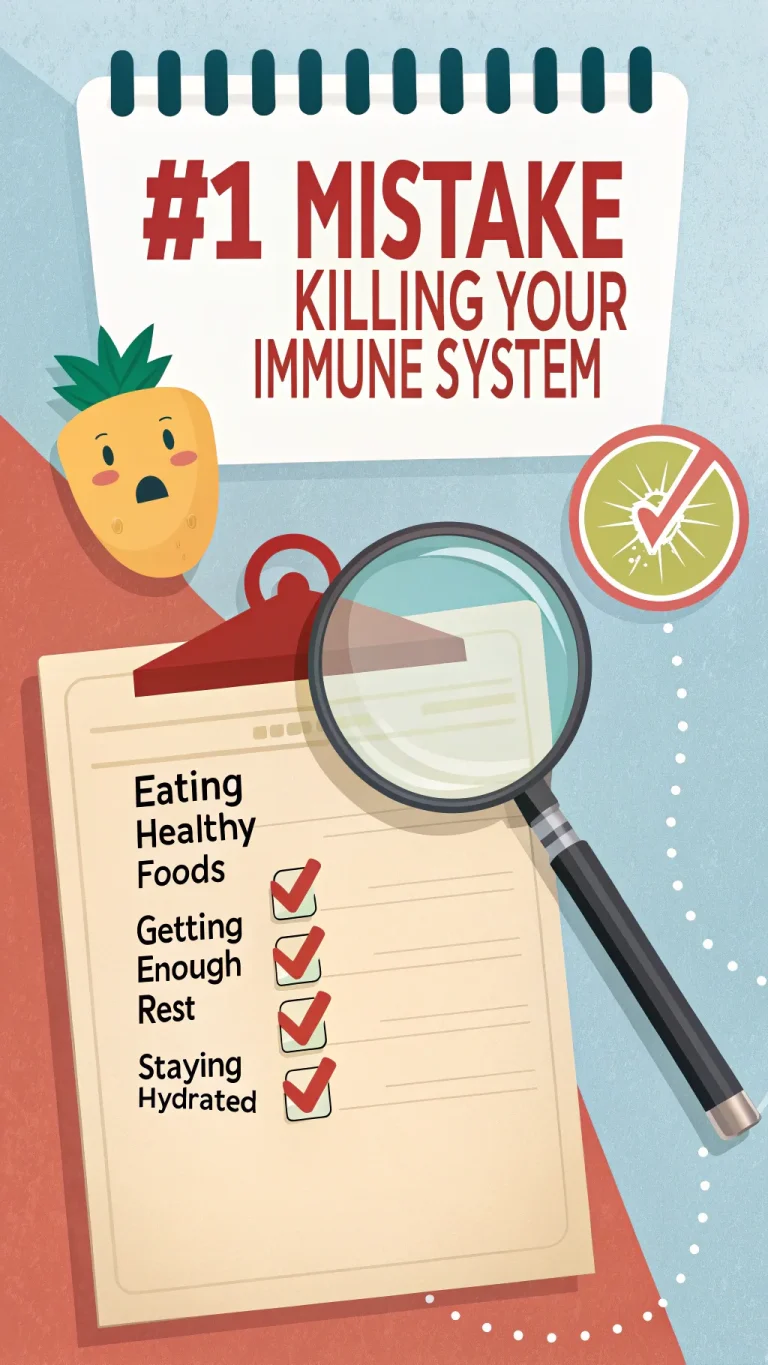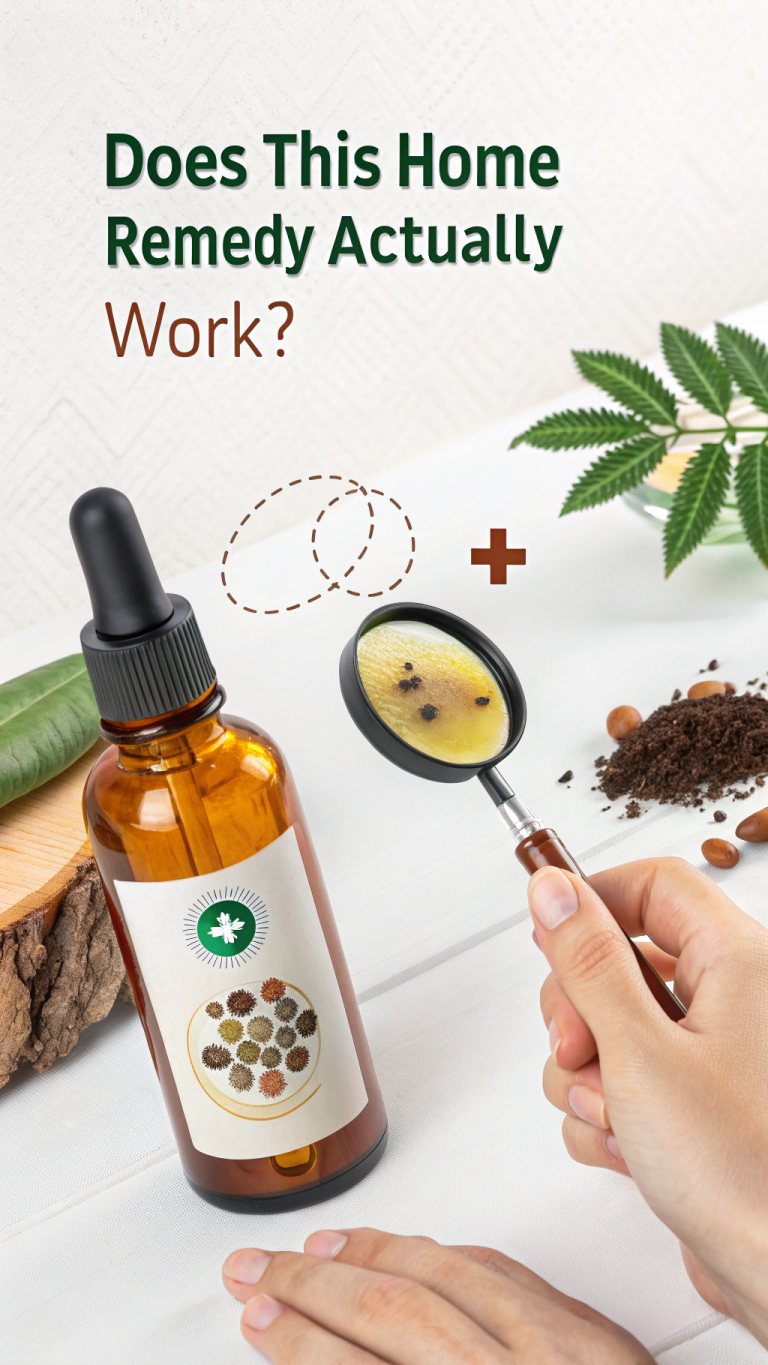Parakeet Sick Home Remedy How To Care For Your Bird At Home
Modern life moves so fast. We often look for calm. Stress seems like a constant companion. Finding natural ways to feel better matters. I know this feeling well.
Ancient wisdom offers deep comfort. Herbalism and Ayurveda show us paths. These systems see the whole person. They don’t just fix symptoms. They help balance everything.
Exploring natural healing often leads us to ancient wisdom. While you might search for ‘Parakeet sick home remedy’ for your feathered friend, the principles of herbal medicine and natural healing also offer profound benefits for human wellness.
I want to share how. We can blend these old ways. We can use them in our lives today. This guide explores integrating traditional remedies. We will look at enhancing wellness in 2025. I will cover key ideas. We will find remedies for common issues. I will show simple DIY steps. You will see how to make them part of your life.
Understanding the Foundations: Bridging Ancient Wisdom and Modern Life
Life feels busy. We search for balance. Finding natural ways helps. Holistic health looks at you whole. It sees mind, body, and spirit. Old traditions do this too.
The Philosophy of Holistic Wellness
Holistic health is simple. Treat the whole person. Don’t just fix a cough. Look at why you cough. Is it stress? Is it diet? Traditional systems ask these questions. They seek root causes.
Essential Principles of Ayurveda for Daily Life
Ayurveda comes from India. It is very old wisdom. It sees three main types. They are Vata, Pitta, and Kapha. These are your Dosha. Everyone has them. One or two are usually strongest. This is your natural state. Ayurveda calls this Prakriti. Stress or bad habits can cause imbalance. This is called Vikriti. Knowing your Dosha helps choose remedies. It helps bring you back to balance. Ayurveda also talks about elements. Earth, Water, Fire, Air, Space. Balancing these helps the body. This system connects your mind-body connection.
Core Concepts in Western Herbalism
Western herbalism uses plants. It sees plants working together. Plants have a life force. We use different parts. Leaves, roots, flowers. We make herbal teas. We make tinctures. These capture plant power. It is nature’s medicine cabinet.
Why Integrate? The 2025 Trend of Blending Traditions
People mix health approaches now. This is integrative wellness. It’s a big trend for 2025. We take the best from different systems. We combine ancient wisdom. We use modern knowledge. It makes wellness personal. It helps you feel your best.
Start thinking about yourself. What feels out of balance? Are you stressed? Do you sleep poorly? This thinking guides you. It helps you pick remedies.
Herbal Allies for Common Modern Ailments
Many people face similar issues. Stress. Poor sleep. Digestion problems. Herbs can offer help. They are gentle supporters.
Stress and Anxiety Relief with Herbs
Stress wears us down. Herbal remedies can support us. Some herbs help your body handle stress. They are called Adaptogens. Ashwagandha is one. Rhodiola is another. Holy Basil, or Tulsi, also helps. I use Ashwagandha myself. It helps me feel steadier. They don’t block stress. They help you adapt better. This is natural health solutions. Using them feels grounding. Always ensure safe herbal use.
Supporting Sleep Naturally
Sleep is vital. Many struggle to sleep. Calming herbs help the nervous system. Valerian root is well known. Chamomile is gentle. Lemon Balm soothes the mind. I love a cup of Chamomile tea. It signals bedtime. These make lovely herbal teas. They are simple home remedies. They help promote natural healing.
Digestive Harmony with Herbs
Digestion is key to health. Bloating or upset stomach feels bad. Ginger is great for nausea. Peppermint calms the gut. Fennel seeds help with gas. These are simple home remedies. I often chew fennel seeds. It helps after a meal. Many home remedy recipes use these. They are basic herbal medicine.
Remedy Deep Dive Example (Ashwagandha)
Ashwagandha is an Adaptogen. It works with other adaptogens. Rhodiola is similar. Holy Basil is too. They all help stress response.
Be careful with Ashwagandha. Pregnant women should not use it. People with autoimmune issues need caution. Talk to your doctor first. It can affect sedatives. It might affect immune medicines.
Dosage varies. It depends on the form. Powder, capsule, or liquid. Follow product instructions. A common dose is 300-500 mg extract. Take it once or twice daily. Your practitioner can advise you.
Benefits include less stress. Better sleep. More energy. Immune system support.
Side effects are rare. Some feel sleepy. Some get mild stomach upset.
(Link to a reputable source on Ashwagandha research or safe herbal usage, like American Botanical Council).
Try a calming tea blend. Mix dried Chamomile, Lemon Balm, and a little Valerian. Steep in hot water. Sip before bed.
Ayurvedic Practices and Herbs for Inner Balance
Ayurveda offers daily habits. These routines support balance. They use specific herbs too.
Ayurvedic Herbs for Mind and Body
Some herbs are central to Ayurveda. Brahmi, also called Gotu Kola, helps the mind. Triphala supports digestion. Turmeric fights swelling. These are powerful Ayurvedic herbs. They support holistic healing. They work with Ayurveda principles. They strengthen the mind-body connection.
Daily Ayurvedic Rituals (Dinacharya)
Ayurveda suggests morning steps. Oil pulling cleans the mouth. It’s called Gandusha. Tongue scraping removes toxins. This is Jihwa Dhauti. Self-massage is Abhyanga. Use warm oil. These simple steps ground you. They cleanse the body. They are traditional wellness practices. They are simple wellness practices.
Dietary Principles from Ayurveda
Food is medicine in Ayurveda. Eat for your Dosha type. Eat mindfully. Pay attention to your food. Digestion is called Agni. Keeping Agni strong is vital. Eating well supports natural health solutions. It follows Ayurveda principles.
Remedy Deep Dive Example (Turmeric)
Turmeric is a golden spice. It is an Ayurvedic herb. It’s great for swelling. It works well with Black Pepper. Pepper helps your body use it. Ginger is also good for swelling. It’s similar to Turmeric.
Turmeric can thin blood. Be careful if on blood thinners. High doses might upset your stomach. Use caution with gallbladder problems. Always check with your doctor.
Dosage varies. Use the powder in food. Take capsules. Follow product directions. Extracts give more curcumin. That’s the active part.
Benefits include less swelling. It fights cell damage. It aids digestion. It helps the liver.
Potential side effects include stomach issues. Increased bleeding risk is possible.
(Link to a reputable source on Turmeric’s benefits or safety, like National Center for Complementary and Integrative Health).
Try oil pulling. Swish sesame or coconut oil. Do it for 5-10 minutes. Do it before brushing teeth. Spit it out.
Budget-Friendly & DIY Home Remedies
You don’t need fancy things. Your kitchen holds remedies. Home remedies are often low cost.
Kitchen Cupboard Cures
Simple ingredients work well. Honey and Lemon soothe a sore throat. Ginger helps upset stomachs. Apple Cider Vinegar aids digestion. A saltwater gargle helps throat pain. These are easy home remedy recipes. They offer natural healing. They are DIY herbal solutions.
Growing Your Own: Sustainable Herbalism in 2025
Growing herbs is rewarding. Even a small pot works. Mint grows easily. Basil is simple. Chamomile is lovely. It connects you to plants. It is a DIY herbal solution. It supports sustainable sourcing. This is a trend for 2025.
Simple Preparations at Home
Making tea is easy. Steep dried herbs in hot water. This is an infusion. A poultice is crushed herbs. Apply it to skin. These are basic skills. They use herbal teas. They make home remedy recipes.
Make a cold remedy. Mix fresh grated Ginger. Add Lemon juice. Add Honey. Take a spoonful. It feels warming.
Integrating for Lasting Wellness: A Case Study
Let me tell you about Sarah. She is 35. She works hard. Stress was her constant friend. Sleeping was a fight. She felt tired all the time. Modern medicine felt too much. She wanted something natural. She sought holistic healing.
Real-Life Integration: A Journey to Better Sleep and Stress Management
Sarah felt wired. Sleep did not come easily. She woke up tired.
She tried a new path. She started small. She did morning steps from Ayurveda. Tongue scraping first. Then warm water. She took Ashwagandha capsules. She drank Valerian and Chamomile tea. She did this before bed. She also added deep breathing. These were integrative health steps.
She bought a tongue scraper. She found good Ashwagandha. She got loose herbs for tea. She set aside time. 15 minutes in the morning. 30 minutes before sleep.
After a month, things shifted. She felt calmer daily. Falling asleep became easier. She stayed asleep more. She woke up feeling rested. She felt more in charge of her stress. Her routines felt grounding. They helped her wellness practices. They supported natural healing.
This case study shows dedication. It shows how natural remedies help. Much like carefully researching a ‘Parakeet sick home remedy’. You seek the right care. This search shows a desire. A desire for natural healing. A desire for wellness practices.
FAQs
Frequently Asked Questions About Integrating Natural Remedies
People often ask me questions. They want to know more. Here are some common ones.
Q1: Can I combine herbal supplements with Ayurvedic herbs?
Yes, you can often combine them. Some herbs work well together. But be careful. Some combinations might not be safe. Always ask a trained person first. A practitioner knows about mixing herbs. This ensures safe herbal use.
Q2: How do I know my dominant Dosha?
Many people wonder about their Dosha. Online quizzes give you an idea. They are a start. For a true reading, see an Ayurvedic practitioner. They look at many things. They understand Ayurveda principles deeply. This helps them assess you correctly.
Q3: Are natural remedies safe to use alongside prescription medications?
This is very important. You must be very careful. Always talk to your doctor first. Natural remedies can affect your medicine. Your doctor knows your health best. Consulting practitioners is vital for safety.
Q4: What are some key 2025 trends in natural health I should watch?
Health ideas keep growing. People want personal plans. Gut health is a big focus. Growing your own herbs is popular. It connects you to natural healing. Look for ways to make remedies at home.
Q5: Where can I find trustworthy information on natural remedies and Ayurveda?
Find people with real training. Look for certified practitioners. Books from trusted writers help. Health organizations offer good facts. Avoid claims that sound too good. Always check your sources carefully. This helps with safe herbal use.
Conclusion
We explored old ways of healing. We looked at herbs and Ayurveda. These practices offer great wisdom. They help us find balance. They support our natural healing.
Start small on your journey. Try one simple remedy. Maybe make a calming tea. You could do a morning ritual. Find what feels right for you. Experts can guide you more.
Finding natural solutions takes care. Think about looking for a “Parakeet sick home remedy.” That search shows you care deeply. This same care helps us in our own wellness practices. Traditional ways give us tools. They help us feel better naturally.
Jamie Carter
Jamie is deeply committed to holistic wellness, blending natural, home, and homeopathic remedies into her family’s daily life. She lives in a suburban home with a small herb garden where she grows plants like chamomile and lavender for remedies. Jamie spends her mornings teaching yoga and her afternoons researching or preparing remedies for her family’s health needs. She’s active in local wellness communities, often attending workshops on homeopathy and natural healing, and prefers gentle, non-invasive solutions over conventional medicine.
Goals and Motivations
Primary Goal: To support her family’s health using natural, home, and homeopathic remedies that are safe and effective.
Secondary Goal: To deepen her knowledge of homeopathic principles and share reliable remedies with her clients and community.
Motivations: Jamie is motivated by her belief in the body’s ability to heal itself with minimal intervention. She values remedies that are personalized, sustainable, and aligned with homeopathic philosophy, such as using highly diluted substances to stimulate healing.



